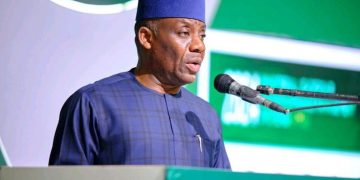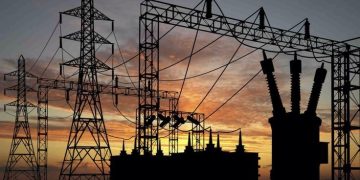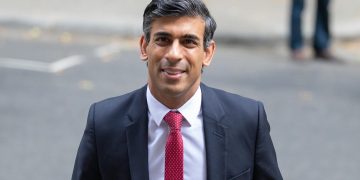The Federal Government of Nigeria has announced the National Energy Compact (NEC), a $23.2 billion initiative. Spearheaded by the Minister of Power, Adebayo Adelabu, the NEC aims to mobilize $15.5 billion in private sector investments to bridge the country’s energy deficit and promote cleaner, sustainable energy solutions.
•Key Objectives of the National Energy Compact
•Expand Electricity Access: The NEC seeks to increase electricity access, aiming for a 5% annual growth to bridge the energy gap.
•Enhance Clean Cooking Solutions: The program aims to improve access to clean cooking solutions, targeting an annual increase from 22% to 25%.
•Boost Renewable Energy Share: A significant goal is to raise the share of renewable energy in Nigeria’s power generation mix from 22% to 50%.
•Mobilize Private Investments: The initiative plans to attract $15.5 billion in private sector investments to drive last-mile electrification efforts.
These objectives align with the United Nations Sustainable Development Goal 7 (SDG7), which aims to ensure universal access to modern energy services by 2030.
Origins of the National Energy Compact
The NEC is a direct outcome of Nigeria’s participation in the Mission 300 Africa Energy Summit, held in Dar es Salaam, Tanzania, on January 27-28, 2025. This landmark summit brought together African heads of state, private sector leaders, development partners, and civil society to accelerate energy access across the continent. The Mission 300 initiative, launched by the World Bank and the African Development Bank, aims to connect 300 million Africans to electricity by 2030.
During the summit, Nigeria, along with other participating countries, presented its National Energy Compact, outlining specific policy measures and investment plans to reform its electricity sector. The NEC reflects Nigeria’s commitment to ambitious reforms and actions to expand access to reliable, affordable, and sustainable electricity.
Government’s Commitment
Minister of Power, Adebayo Adelabu, emphasized Nigeria’s dedication to achieving universal energy access. “With 150 million Nigerians already electrified, Nigeria remains committed to ensuring universal access to affordable and sustainable energy by 2030,” he stated.
The Federal Government’s unveiling of the National Energy Compact marks a significant step towards transforming Nigeria’s energy landscape, addressing power supply challenges, and promoting sustainable development.
























































